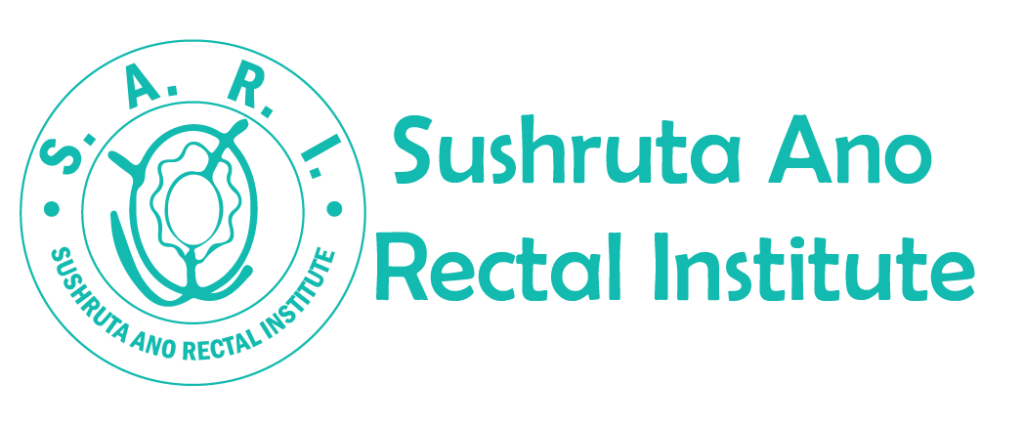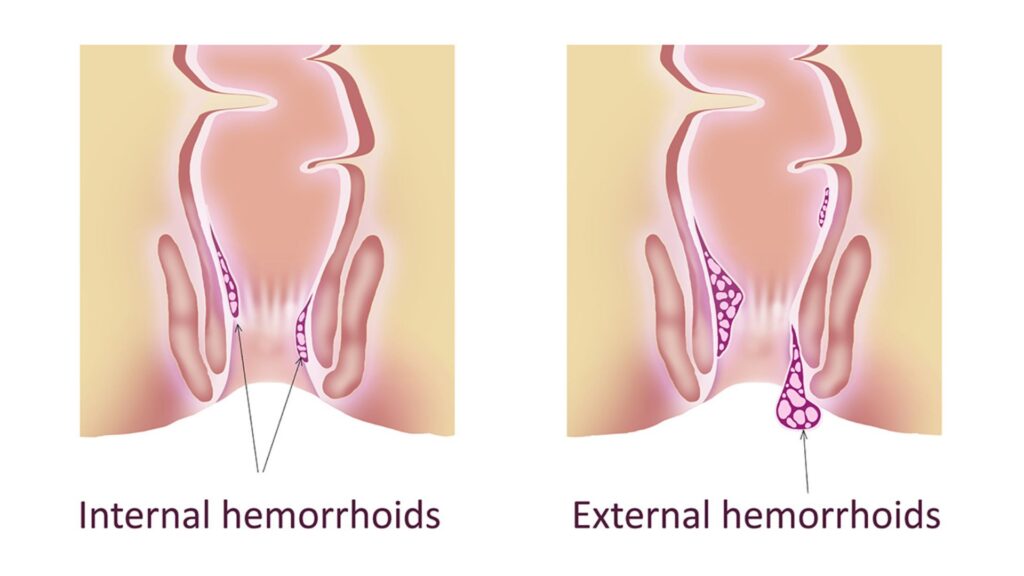Who is the Best Male Doctor for Fistula Treatment in Delhi?
- January 22, 2025
Introduction
When it comes to delicate medical conditions like anal fistulas, finding the right doctor is crucial for effective treatment and recovery. In Delhi, patients often seek out the expertise of renowned male doctors known for their proficiency in fistula treatment. At Sushruta Anorectal Institute, we take pride in the exceptional care provided by Dr. S.K Singh, M.S. (Ayurveda), B.H.U. a specialist with extensive experience in treating anal fistulas. In this blog post, we’ll delve into Dr. S.K Singh’s qualifications, experience, and approach to patient care, highlighting why he is considered the best male doctor for fistula treatment in Delhi.
Dr. S.K Singh, a Profile of Excellence
Dr. S.K Singh is a highly respected male doctor specializing in anorectal disorders, particularly the treatment of anal fistulas. With a Master of Surgery (MS) in Ayurveda from Banaras Hindu University (B.H.U.), Dr. S.K Singh brings a wealth of knowledge and expertise to his practice. His dedication to providing holistic and patient-centered care has earned him a stellar reputation among patients and peers alike.
Expertise and Experience
With years of experience in treating anal fistulas, Dr. S.K Singh possesses a deep understanding of the complexities of this condition. He is well-versed in the latest treatment techniques and stays updated with advancements in medical science. Whether it’s through traditional Ayurvedic therapies or modern surgical interventions, Dr. S.K Singh employs a comprehensive approach to ensure optimal outcomes for his patients.
Compassionate Care
What truly sets Dr. S.K Singh apart is his compassionate and empathetic approach to patient care. Dealing with an anal fistula can be physically and emotionally challenging for patients, and Dr. S.K Singh understands the importance of providing support and reassurance throughout the treatment process. He takes the time to listen to his patients’ concerns, answer their questions, and involve them in decisions regarding their care, creating a supportive environment for healing.
Patient Testimonials
The success of Dr. S.K Singh’s practice is reflected in the glowing testimonials of his patients. Many praise his skillful hands, gentle demeanor, and commitment to their well-being. Patients often cite their improved quality of life and relief from symptoms as a testament to Dr. S.K Singh’s expertise and dedication to their care.
Conclusion
In the realm of fistula treatment in Delhi, Dr. SK Singh stands out as the best male doctor for his unparalleled expertise, compassionate care, and dedication to patient satisfaction. With a combination of clinical excellence and a genuine concern for his patients’ welfare, Dr. S.K. Singh has earned the trust and respect of countless individuals seeking relief from anal fistulas. If you’re in search of the best male doctor for fistula treatment in Delhi, Dr. SK Singh is undoubtedly a name worth considering.






